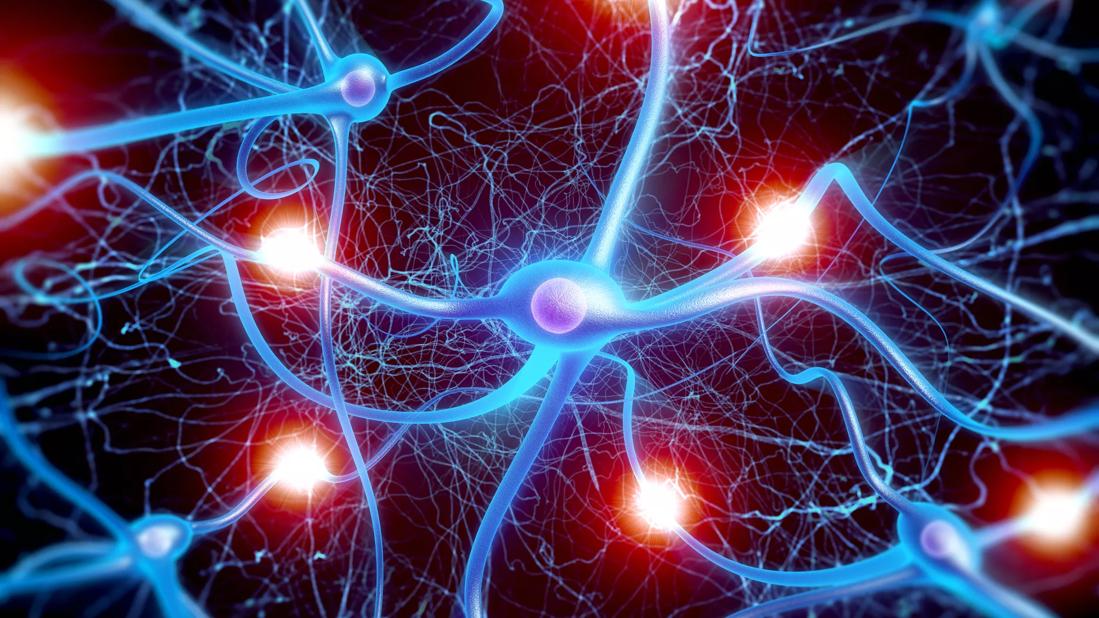Noninvasive TMS may work when antidepressants don’t

Image content: This image is available to view online.
View image online (https://assets.clevelandclinic.org/transform/bd3624d6-5220-418f-8ec8-ea2d1ee21d5b/NeuronCells_jpg)
Can’t Conquer Depression? How Magnets Can Help
Most people with anxiety and depression feel better with prescribed treatment, but unfortunately, about 30% still can’t seem to shake off the mood swings, sadness and hopelessness. This is especially true if you respond poorly — or don’t respond at all — to antidepressants.
Advertisement
Cleveland Clinic is a non-profit academic medical center. Advertising on our site helps support our mission. We do not endorse non-Cleveland Clinic products or services. Policy
For those with treatment-resistant depression, a noninvasive treatment called transcranial magnetic stimulation (TMS), offers hope.
“This option can bring relief when other treatments for depression fail,” says psychiatrist Murat Altinay, MD.
U.S. Food and Drug Administration (FDA)-approved since 2008, TMS uses a magnetic field — similar to that used in magnetic resonance imaging (MRI) — to stimulate your brain’s dorsolateral prefrontal cortex, which plays a key role in mood.
“Increasing the activity of neurons in this area lessens depression,” Dr. Altinay explains. Having your brain stimulated by a magnetic field may sound a bit scary, but the experience isn’t painful or harmful.
“The typical TMS session lasts about 30 to 40 minutes,” he says. “During the session, patients are fully awake and sitting in a comfortable chair.”
Here’s what goes down during a TMS session:
Advertisement
Throughout treatment, you’re fully aware of what’s going on. You can speak, read or even nap. “After treatment, you can resume your daily activities immediately without restrictions,” he adds.
One drawback of TMS is that it’s time-consuming, at least in the beginning. During the first phase, you’ll likely receive treatment every weekday for six weeks (about 30 times).
During the second (maintenance) phase, your provider tailors the frequency to meet your needs. You may get treatments every other week, monthly or every two months. The frequency gradually decreases over time.
Research shows that regular maintenance with TMS helps prevent recurrence and reduces the symptoms of depression when it rears its ugly head in the future.
TMS has relatively few side effects. “The most frequent side effect is headache, but not everybody experiences that,” clarifies Dr. Altinay. If you do get headaches, taking Advil® or Tylenol® before treatments can help.
If you have a seizure disorder, discuss options with your provider before undergoing TMS. “Having a seizure disorder would prevent a patient from being the best candidate for TMS, but some literature suggests that if a seizure disorder is well-controlled with anti-epileptic drugs, TMS might still be an option,” says Dr. Altinay.
TMS is available to adults 18 and older.
“TMS mainly targets those who don’t respond adequately to at least one round of antidepressants or who are completely medication-resistant,” adds Dr. Altinay. TMS also can be offered if antidepressants cause severe reactions or side effects, or worsen other health issues. However, TMS isn’t recommended for anyone with a:
You may have heard of another treatment for medication-resistant depression called electroconvulsive therapy (ECT), inaccurately referred to as “shock therapy.”
While TMS and ECT share similarities, TMS offers several advantages:
Advertisement
Only a limited number of healthcare providers offer TMS as a depression treatment option, so it may take some research to find a solution near you. “It’s also important to note that not all health insurance companies will pay for TMS,” Dr. Altinay says.
But this option does offer hope for those who’ve struggled to find relief from depression through traditional avenues.
Advertisement

Delivered every Tuesday!
Sign up for our Health Essentials emails for expert guidance on nutrition, fitness, sleep, skin care and more
Learn more about our editorial process.
Advertisement
More than just ‘deep sadness,’ this complex condition is often a whole-body experience
Learning your warning signs can help push back against an episode of depression
A psychiatrist shares tips for going off your depression medication
From global pandemics to other life stressors
Plus how you can get back on track
Depression is tough on a relationship — here’s how to get through it
You can’t fix your friend’s problems, but there are other things you can do
Expert tips for surviving the holidays
Type 2 diabetes isn’t inevitable with these dietary changes
Applying a hot or cold compress can help with pain
Pump up your iron intake with foods like tuna, tofu and turkey